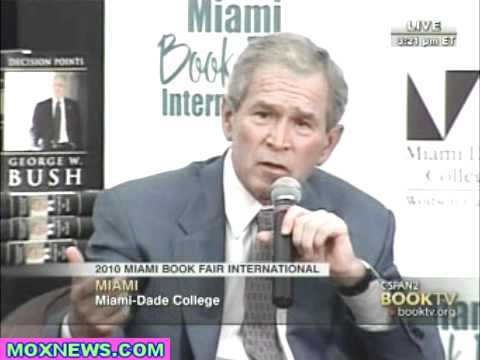
This article was last updated on April 16, 2022
Canada: ![]() Oye! Times readers Get FREE $30 to spend on Amazon, Walmart…
Oye! Times readers Get FREE $30 to spend on Amazon, Walmart…
USA: ![]() Oye! Times readers Get FREE $30 to spend on Amazon, Walmart…
Oye! Times readers Get FREE $30 to spend on Amazon, Walmart…
Those of us who have spent our lives in the West generally heed what the mainstream media tells us without too much mistrust. This was particularly evident during the Cold War when we were told that everything Soviet was "evil" and everything Western was "good". The same applies for the current Russia and its leader, Vladimir Putin. Despite the fact that very few people that I know have actually visited Russia, many of them have very firm opinions on the bad behaviour of Russia in Syria, the Ukraine and anywhere else that Russia makes an appearance. Having spent some time in Russia last year, I found the people friendly, the streetscapes looked like streetscapes anywhere else in Europe (save for the Cyrillic lettering) and people seemed genuinely confused about why the West hated them and their leader so much.
A relatively recent poll by the Levada Center, a Russian autonomous, non-profit, non-governmental research organization founded in 1987, looks at the level of institutional trust that Russians place in their government, president and other institutions. The survey was conducted in both rural and urban Russia among 1600 people over the age of 18 who lived in 134 localities of 46 regions throughout Russia with an margin of error of 3.4 percent. This survey uses a similar basis to surveys taken in the West, with a result that is as statistically accurate as surveys that we are commonly exposed to in the mainstream media.
Here are the results of the survey in order from most trust to least, showing the changes in the level of trust over the past three years:
While Vladimir Putin is vilified by the Western press, it is interesting to see that 80 percent of Russians trust him, up from 55 percent in 2013 and 79 percent in 2014. Leaders in the West would give their firstborn for approval numbers like that. Let's look briefly at President Barack Obama's popularity over his entire term in office:
Now, compare that to Putin's approval rating since 2010:
Why is Vladimir Putin so popular with his own people? While the Western media likes to portray Russians as being brainwashed about or forced to support their leader, a recent article by Matthew Dal Santo at The National Interest provides us with a critical clue that gives us an idea of why he retains his popularity, particularly when the Levada poll shows that only 45 percent of Russians trust "the government" and only 34 percent trust "the media". Mr. Dal Santo summarizes Putin's popularity by stating that, "…for the first time since the 1991 collapse of the Soviet Union (if not the 1917 revolution), government policies reflect the attitudes and options of the conservative majority of Russians rather than a Westernizing, neoliberal or Marxist elite."
Here is another poll showing why so many Russians trust Vladimir Putin:
Here are the answers to the question "Do you genuinely believe that Vladimir Putin is concerned with making major improvements to people's lives, or do you think that it is the usual rhetoric of politicians, and nothing more than empty promises?":
I rather doubt that many Western leaders would find that nearly half of their populations thought that their leader was sincere about improving their lives. On a scale of one to ten with one being the lowest rating, 37 percent of Russians gave Mr. Putin a grade of nine or better and 52 percent gave him a grade of eight or better.
Another recent poll by the Levada Center shows us what Russians want in a democracy:
Contrary to what the United States, Canada and other Western nations may think, it is quite obvious that Russians are NOT looking for a democracy that resembles the Western democratic model, rather, they want a democracy that uniquely fulfills their cultural differences. Even though 60 percent of Russians thought that 2015 was more difficult than 2014, they still have strong positive feelings for their leader, a sense of attachment that is sadly lacking in our Western democracies.
And, in case we've forgotten, here's what George W. Bush had to say about Vladimir Putin in 2001 after meeting him in Slovenia:
"This was a very good meeting. And I look forward to my next meeting with President Putin in July. I very much enjoyed our time together. He's an honest, straightforward man who loves his country. He loves his family. We share a lot of values. I view him as a remarkable leader. I believe his leadership will serve Russia well. Russia and America have the opportunity to accomplish much together; we should seize it. And today we have begun.
I found him to be very straightforward and trustworthy. We had a very good dialog. I was able to get a sense of his soul, a man deeply committed to his country and the best interests of his country. And I appreciated so very much the frank dialog. There was no kind of diplomatic chit chat, trying to throw each other off balance. There was a straightforward dialog. And that's the beginning of a very constructive relationship. I wouldn't have invited him to my ranch if I didn't trust him.
Russia is not the enemy of the United States. As a matter of fact, after our meeting today, I'm convinced it can be a strong partner and friend, more so than people could imagine. The leader of Russia is working hard on behalf of his people to promote prosperity and peace. And I believe our nations can work together to achieve prosperity and peace, not only within our respective countries but around the world. I believe that. And so we didn't have a bargaining session. We had a session of two men who have come to office for the right purpose, not only to represent our countries but given our standing, our respective standings, to work together to deal with the threats of the 21st century. A threat of the 21st century is energy. A threat of the 21st century is poverty. A threat of the 21st century is the spread of weapons of mass destruction."
…and here's what he had to say in 2010 about the same man:
…and our politicians wonder why we don't trust them.
In large part, what Vladimir Putin possesses in terms of strong leadership is exactly what many Western leaders are lacking and what many of us wish our leaders had. As well, it has also become apparent that Western leaders have proven themselves to be incapable of dealing with the situation in Ukraine and Syria; where others fear to tread, Putin has taken their place and, by extension, their power.
Click HERE to read more of Glen Asher's columns
You can publish this article on your website as long as you provide a link back to this page.

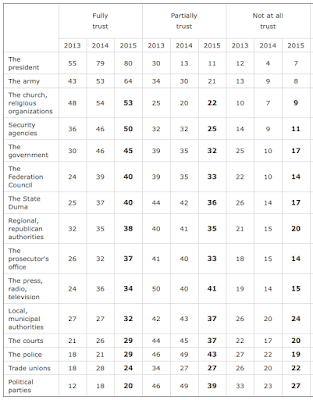
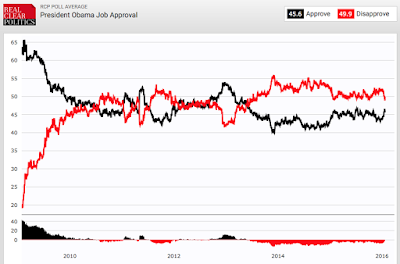
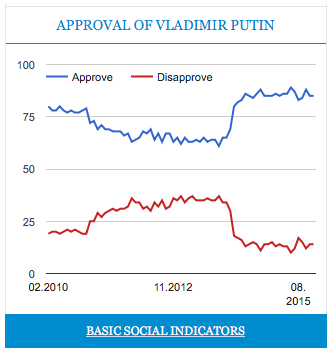
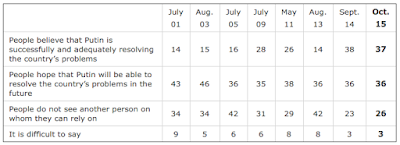
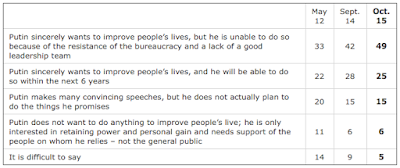
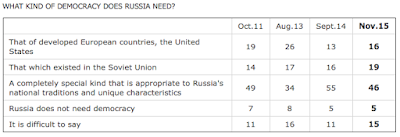
Be the first to comment